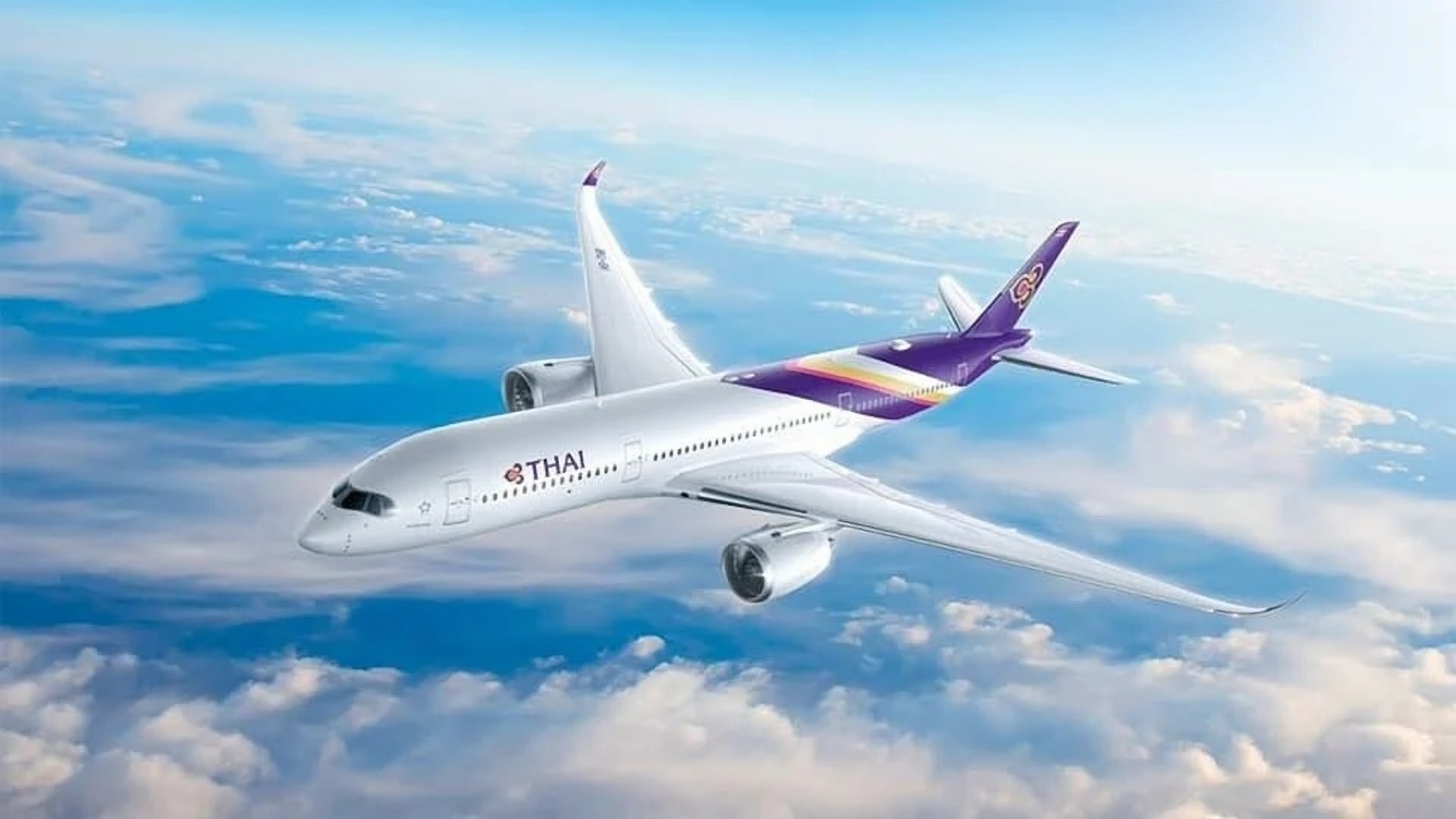Thailand Fuels Flight to Green Skies with SAF Plan

To support the aviation industry's initiative to reduce carbon dioxide emissions, Thai energy authorities are currently developing a national oil plan.
This plan is designed to facilitate the advancement of Sustainable Aviation Fuel (SAF), a biofuel specifically tailored for aircraft.
The attractiveness of SAF lies in its striking similarity to traditional jet fuel in terms of properties, though with a significantly diminished carbon footprint. Patteera Saipratumtip, the deputy director-general of the Department of Energy Business, said that efforts are underway to position SAF as a mainstream fuel and strengthen domestic biofuel production.
Saipratumtip also mentioned that a proposal for investment incentives promoting SAF production is expected to be finalised by early 2024. The aviation industry is currently grappling with the cost challenges associated with SAF, which is priced two to three times higher than conventional jet fuel.
In response, authorities are considering a reduction in the jet fuel excise tax, currently set at 20% of the retail price, to encourage the adoption of SAF. Nathasit Diskul, president of Bangkok Aviation Fuel Services Plc, put forth this suggestion.
The advocacy for SAF usage extends beyond Thailand, as the International Civil Aviation Organisation promotes its adoption as a strategy for member countries to achieve a net-zero target by 2050, balancing greenhouse gas emissions and absorption.
Globally, countries and international bodies have endorsed SAF use. The United States provides tax incentives to SAF manufacturers. At the same time, the European Union mandates a minimum quota of SAF in the total aviation fuel supply, with projected targets of 2% by 2025, 5% by 2030, and an ambitious 70% by 2050.
Japan has set a goal for international flights passing through its airports, requiring a 10% SAF blending rate by 2030, according to a report.
With this worldwide trend, Thailand's Bangchak Corp Plc and Energy Absolute Plc have expressed their intent to produce SAF from used cooking oil. In 2023, PTT Plc, the national oil and gas conglomerate, announced its subsidiary PTT Oil and Retail Business Plc's collaboration with Thai Airways International (THAI) to test SAF usage for a flight from Bangkok to Phuket.
While details are limited, the collaboration involves multiple companies, including Neste, a leading SAF producer based in Finland. THAI's pilot usage of SAF aligns with its commitment to minimising its carbon footprint.
To view and compare company ESG Ratings and Sustainability Reports, visit our Company ESG Profiles page.
Source: Thaiger

